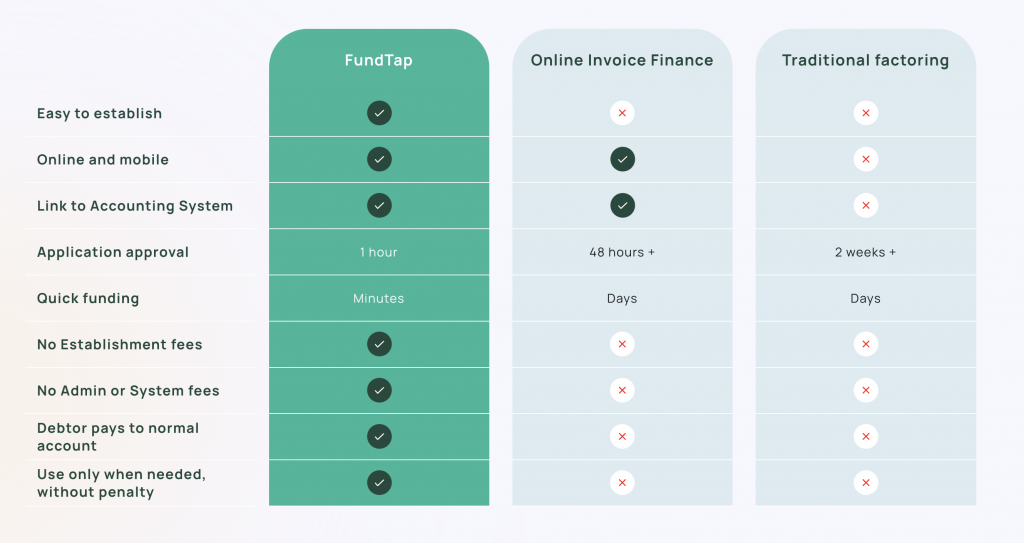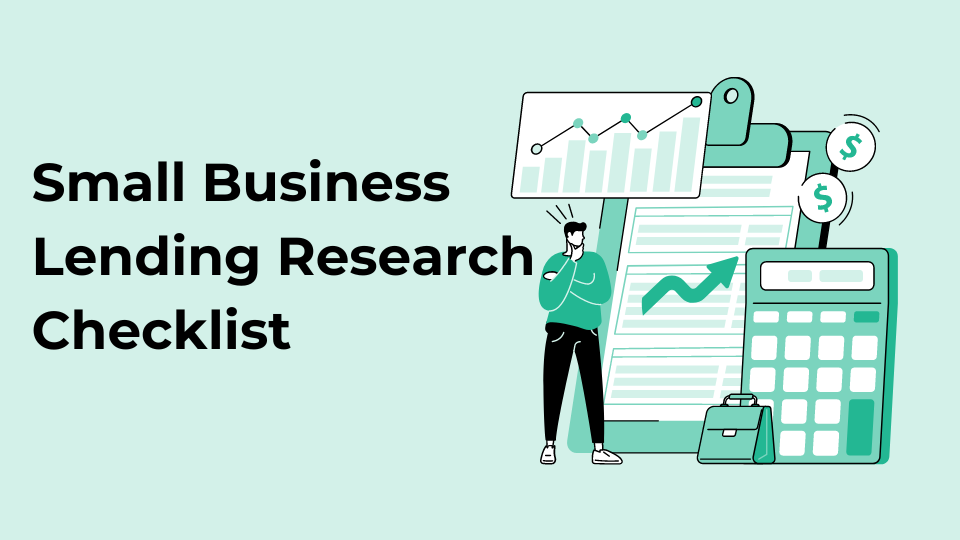Interest rates are on the rise — and while most business owners expect higher loan costs, the ripple effects can go much deeper. Understanding how these changes affect your cash flow is key to staying ahead.
Here’s what rising borrowing costs can mean for your business:
Higher Loan Repayments
If your business has a variable-rate loan or uses a credit line, interest rate hikes increase your monthly repayments. That’s less cash available for day-to-day operations — and more pressure on your working capital.
Slower Customer Spending
When interest rates go up, both consumers and other businesses tend to tighten their budgets. That can mean fewer sales and longer wait times to get paid — both of which put pressure on your cash position.
Supplier Price Increases
Your suppliers face rising costs too. If they’re borrowing to fund inventory or operations, they may pass those costs on through price increases. This can shrink your margins or force difficult pricing decisions of your own.
What You Can Do
Stay cash-flow-ready with flexible short-term finance options. Tools like FundTap allow you to access the cash tied up in your approved invoices — without taking on long-term debt or relying on expensive overdrafts. It’s a smart way to smooth out cash flow without increasing financial risk.
Rising interest rates affect more than just your loan statements — they shape the financial ecosystem your business operates in. Stay proactive, and use smart finance strategies to protect your cash flow.
Related News
Check out related articles & resources.


